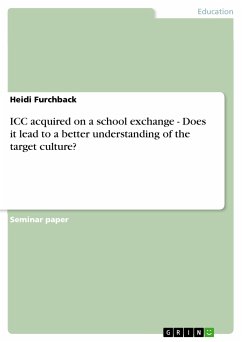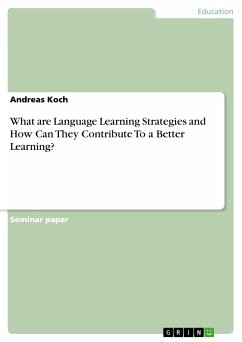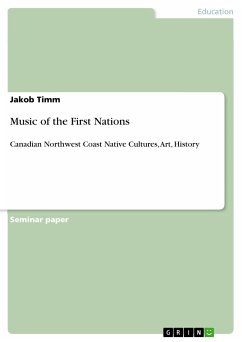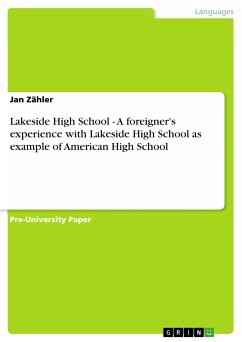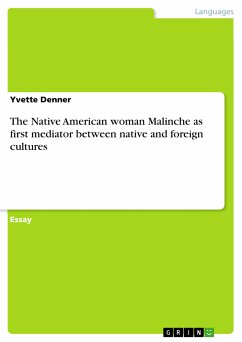Seminar paper from the year 2008 in the subject Didactics - English - Miscellaneous, grade: 1, , language: English, abstract: In today’s globalised world language knowledge becomes more and more important for good and skilled communication. Especially the knowledge of one language – the world language English – is necessary to be competitive and able to communicate worldwide. The status of English as a world language is obviously due to its large amount of native speakers all over the world, but also its simplicity in grammar, structure and vocabulary makes it to one of the most important languages in the world. There are approximately 380 million native speakers of English and more than 700 non-native speakers of English all over the world, which results in large parts of today’s communication taking place in English. Thus good English language knowledge is a precondition for many jobs and educations. This places great importance on today’s English language education. It has to be of high quality and learners have to acquire the language as good and as fast as possible. But who can perform the job of an English teacher best? There has been lots of discussion in the past years about whether native or non-native speakers are better at language teaching. Due to globalisation also the amount of English teachers available is rising steadily. Today’s English teachers come from a broad range of different countries and thus have differing cultural and linguistic backgrounds. Those backgrounds have again influence on the teachers’ teaching styles and methods and their general understanding of the teaching context and their students. Moreover, today’s English teachers have different levels of knowledge of the target language and culture. In this paper, I will thus have a look at the following question: Native speakers of English or non-native speakers of English – who are the better English teachers? Native speakers, on the one hand know their language perfectly, faultlessly and naturally. Non-natives on the other hand are more familiar with the students’ language learning process and have a better understanding of the learners’ needs. Thus, who is the ideal language teacher for the challenging task of teaching the world language English?



